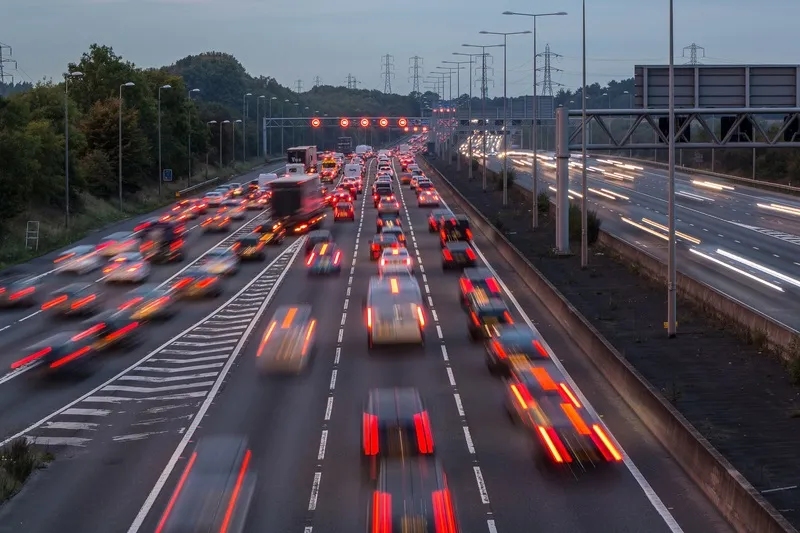Local authorities are already responsible for improving air quality in their area, but will now be expected to develop new and creative solutions to reduce emissions as quickly as possible, while avoiding undue impact on the motorist.
The government is consulting on a range of measures that could be taken to mitigate the impact of action to improve air quality.
In line with the timetable directed by the Courts the government is seeking views on these proposals in advance of preparing its final plan for publication by 31 July. All final decisions will be taken by the incoming government.
This consultation will run until 15 June.
Following the news, Ozgur Tohumcu, chief executive officer of
“It is good news that the Government is taking further action to reduce the 40,000 annual deaths linked to air pollution. They are now talking about up to 15 Clean Air Zones, which could charge a total of 4.4 million cars alone. If the Government pushes forward with an old-fashioned camera based system it will cost billions in compliance and enforcement. Tantalum’s Air.Car service, charges on the actual environmental impact of the individual vehicle and how it is being driven. Air.Car delivers emission reductions cheaper and faster and allows drivers to control how much they pay through better driving habits. The Government is right to be concerned about onerous so-called ‘pollution taxes', and Tantalum’s Air.Car solution would drive down emissions in a smarter and fairer way, putting individual motorists in charge and delivering emissions reductions more cost effectively."
UK government publishes new air quality plan for consultation
The UK government has published a draft plan to improve air quality by reducing nitrogen dioxide levels in the country. The options now open for consultation on reducing nitrogen dioxide in our towns and cities are designed to reduce the impact of diesel vehicles, and accelerate the move to cleaner transport. Local authorities are already responsible for improving air quality in their area, but will now be expected to develop new and creative solutions to reduce emissions as quickly as possible, while avoid
May 8, 2017
Read time: 2 mins
The UK government has published a draft plan to improve air quality by reducing nitrogen dioxide levels in the country. The options now open for consultation on reducing nitrogen dioxide in our towns and cities are designed to reduce the impact of diesel vehicles, and accelerate the move to cleaner transport.









